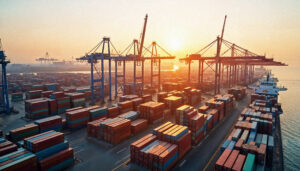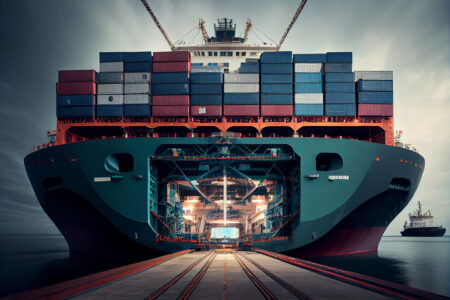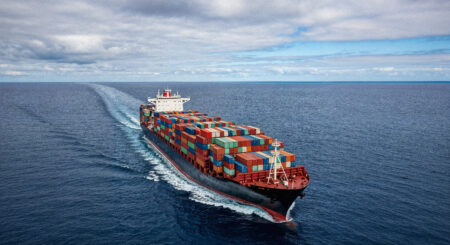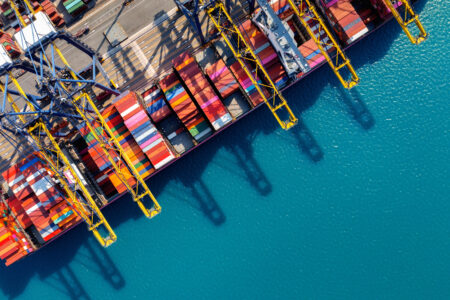MSC may reflag vessels under the Indian flag, aligning with India’s shipping reforms and gaining strategic market advantage.
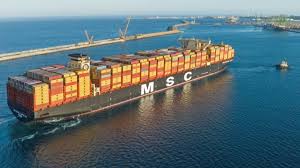
In a development that could reshape India’s maritime landscape, the Mediterranean Shipping Company (MSC), the world’s largest container line, is reportedly close to a landmark decision to reflag several containerships under the Indian flag. According to a report by ETInfra, discussions with the company are at an advanced stage, and a formal announcement by CEO Soren Toft could come as early as next week.
This move aligns with India’s maritime expansion strategy, which aims to boost its national fleet, strengthen domestic shipbuilding, and reduce reliance on foreign-flag carriers. The Indian government has outlined a vision to develop a world-class shipbuilding industry and offer incentives to global shipping majors willing to align with its growth agenda.
MSC’s reflagging initiative would mirror a similar strategy adopted earlier this year by CMA CGM. The French liner became the first major carrier to reflag a vessel to India, transferring the CMA CGM Vitoria (2,592 TEU) in April 2025. CMA CGM has already committed to reflagging three more ships this year and hiring 1,000 Indian seafarers, with plans to recruit another 500 in 2026. It also signed a letter of intent with Cochin Shipyard to build six 1,700 TEU LNG dual-fuel containerships in India, further boosting local industry.
The strategic benefits of this policy shift are clear. India currently has only three containerships under its national registry through the Shipping Corporation of India. The government has instructed SCI and Container Corporation of India (CONCOR) to build a national container carrier to reduce dependency on foreign-flag operators.
India’s shipping policy reforms include:
- Flagging restrictions: No vessels over 20 years old may be flagged to encourage new builds. However, reflagging offers a 5–10-year life extension under current regulations.
- Cabotage tightening: India plans to strengthen rules for coastal trade, reversing some 2018 relaxations for transshipment and repositioning of empties.
- Incentives for domestic operations: Reflagged ships gain preferential access to coastal shipping and related regulatory advantages.
Besides policy alignment, the move may also help MSC mend strained ties with India, especially after the MSC Elsa 3 incident off Kerala in May, which led to legal disputes and vessel detentions over compensation claims. Registering vessels in India could serve as a goodwill gesture and strategic step to deepen engagement with the Indian market.
Industry analysts view this as a significant milestone in India’s maritime ambitions, potentially encouraging other major carriers to follow. With MSC, CMA CGM, and A.P. Moller – Maersk all engaged in discussions with Indian authorities, the country’s port and shipping sector is poised for a major transformation, combining policy reform, infrastructure development, and global strategic partnerships.
Source: ET Infra


